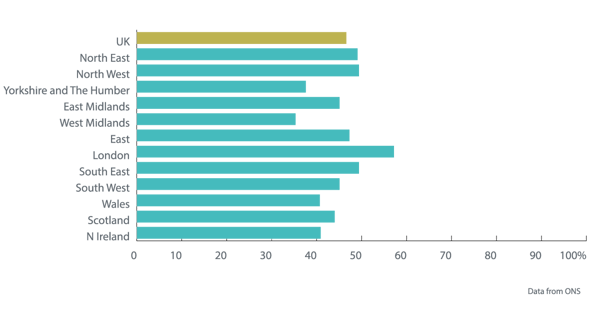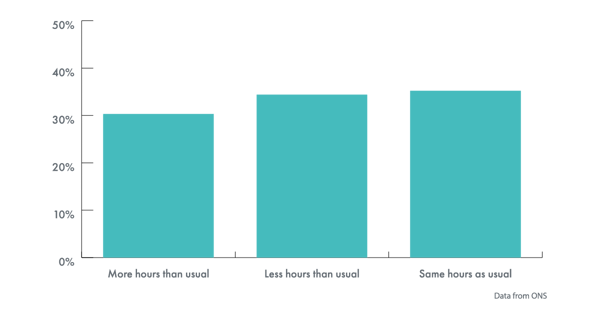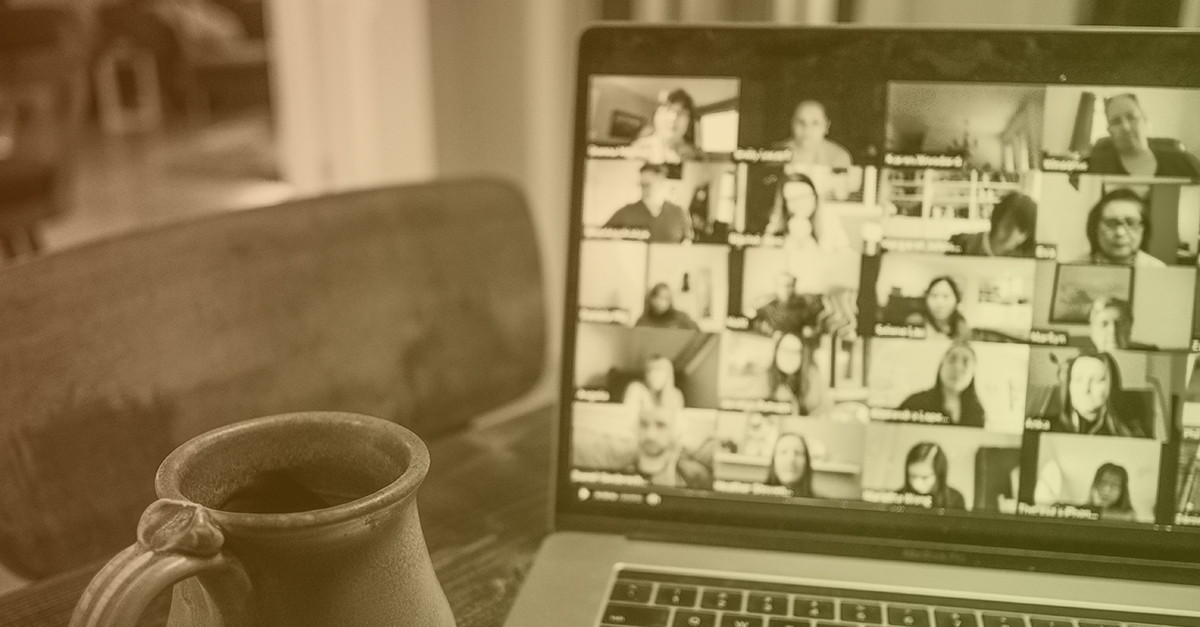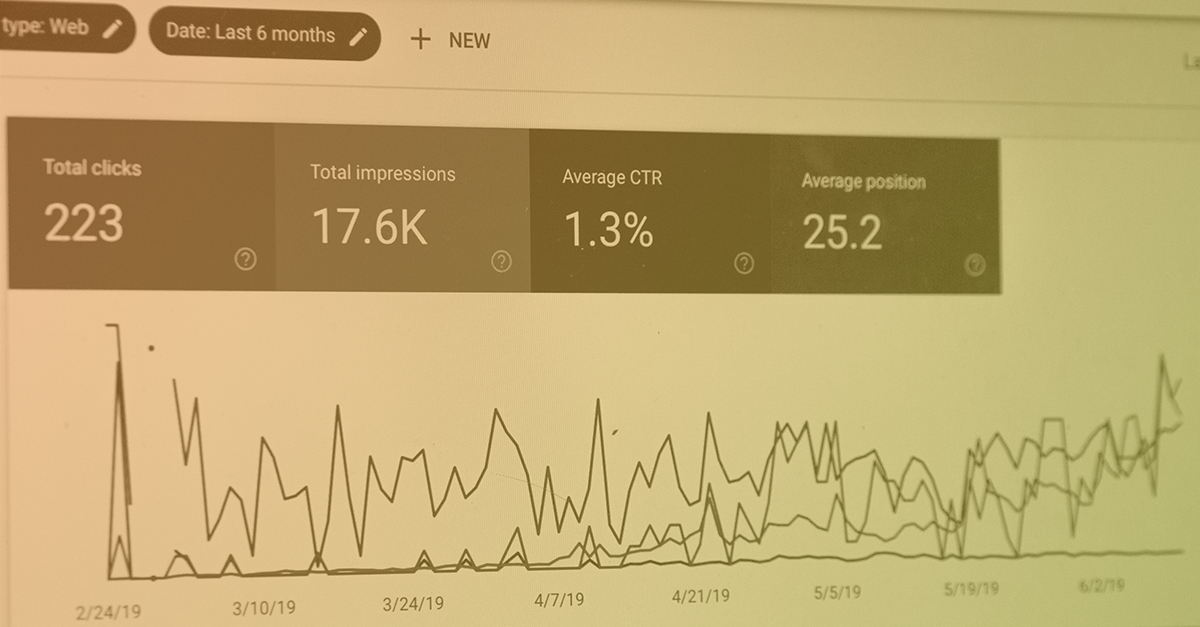One of the biggest adaptations organisations have had to make as a result of Covid-19 is the mass migration of staff from the workplace to their homes. In April this year, figures show that 46.6% of the employed population did some work from home and that 86% of those did so as a result of Covid-19.
The graphs below illustrate how this is broken down via region and age group.
Working From Home by Region

Working From Home by Age

This shift in working behaviours has resulted in the majority of business having to make rapid adjustments to the way in which they operate, with one of the largest changes made being focused on managing a remote workforce.
We have put together our top seven tips for managing remote teams that we hope will help:
Increase your One to One time with staff
The importance of supporting your team members individually while working remotely cannot be underestimated. The benefits to them (and the wider team) collectively has the potential to reap huge benefits. The time you spend with team members on a one to one basis is likely to be the only time you will spend with them where they are the focal point of the discussion. Using this time to enquire after their wellbeing, keeping them abreast of changes within the business, as well as being on hand to answer their questions and concerns can help alleviate the stresses and anxiety they could be facing.
Set expectations early
Setting the expectations of both yourself yourself and your team early in the process will help you manage your remote teams efficiently. By setting out the scope of work, the associated tasks, how this will be measured and to what time frame will allow your team the freedom to just get on with the tasks at hand.
Encourage Collaboration
Collaboration is far easier when everybody is working in the same location and on the same schedules, when you add working from home into the mix it can become a little bit more difficult. It is important that the infrastructure is there to support collaborative working and that the whole team is aware of and understands each others schedules.
Focus on Outcomes not activity
Managing every aspect of work by individuals working remotely is neither possible or appealing. So rather than focus on the minutiae of activity focus on the outcomes that are produced in line with the expectations that have been set.
(The graph below shows the comparison of hours worked from home)
 Celebrate Success
Celebrate Success
It's important that the successes you have achieved no matter how small are celebrated collectively. Even the small wins in the current climate can increase the moral in a team. When celebrating successes, rather than send out an email do it via video and make an event out of it.
Use video whenever possible
Communicating solely via email does not allow you the visible communication cues that you would typically receive when communicating with another person: anger, delight etc can clearly be misconstrued and leave people feeling frustrated or anxious.
Ensure an appropriate working environment is available
Individuals being asked to work from home for the first time may not have all of the necessary equipment/infrastructure required to enable them to work productively. By making sure you can support them with any help they need will make their life (and yours) a lot easier.
Managing remote teams is an integral part of all of our management programmes which are currently 95% funded by the government, to find out more you can download one of our course prospectuses by clicking the link below.








